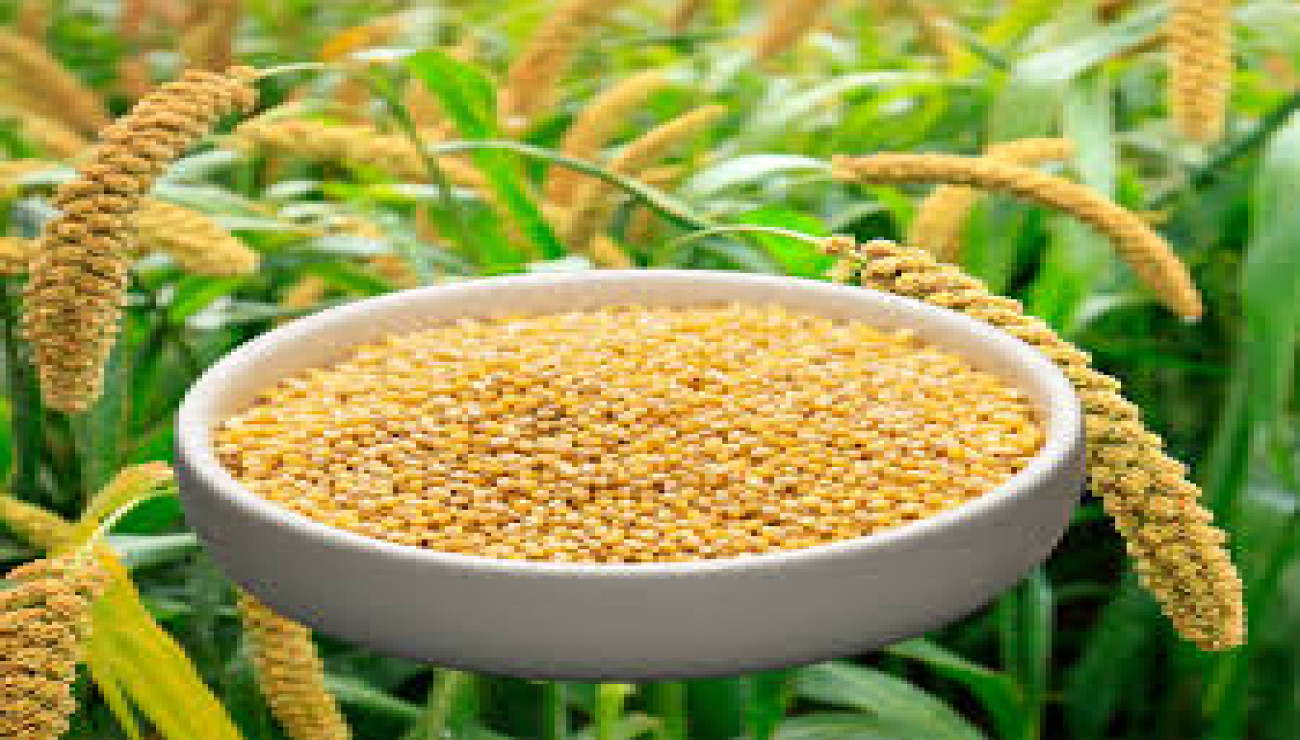Millet

Millet
Nigerian Millet: The Resilient Grain for a Changing World
Millet is one of Nigeria’s oldest and most important staple grains, cherished for its adaptability, nutritional value, and cultural significance. Grown predominantly in the arid and semi-arid regions of the north—such as Kano, Katsina, Borno, Sokoto, and Bauchi—millet plays a central role in local diets and is increasingly gaining attention in global health and food security conversations.
Drought-resistant and well-suited to Nigeria’s climate, millet thrives in poor soils where other cereals struggle. It is a lifeline for smallholder farmers, offering food security and steady income even in years of low rainfall. Its short growing season and minimal input requirements make it an economically viable crop, particularly in regions prone to climate volatility.
Nigerian millet comes in several varieties, with pearl millet being the most widely cultivated. It is used in preparing traditional dishes such as fura, tuwo, and kunun zaki, and also serves as a key ingredient in livestock feed and local brewing. Rich in fiber, iron, calcium, and complex carbohydrates, millet is considered a superfood and is gaining popularity in health-conscious markets around the world.
At Dawanau.com, we spotlight Nigerian millet as a sustainable and high-demand commodity. Our platform connects millet producers and traders with both local processors and international buyers looking for clean, naturally grown, and traceable grains. We prioritize quality assurance, reliable logistics, and scalable sourcing to meet diverse buyer needs.
As the world seeks climate-resilient crops and healthier grain alternatives, Nigerian millet is poised to become a key player—not just in food security for Africa, but also in the growing global shift toward sustainable, nutrient-dense staples.

